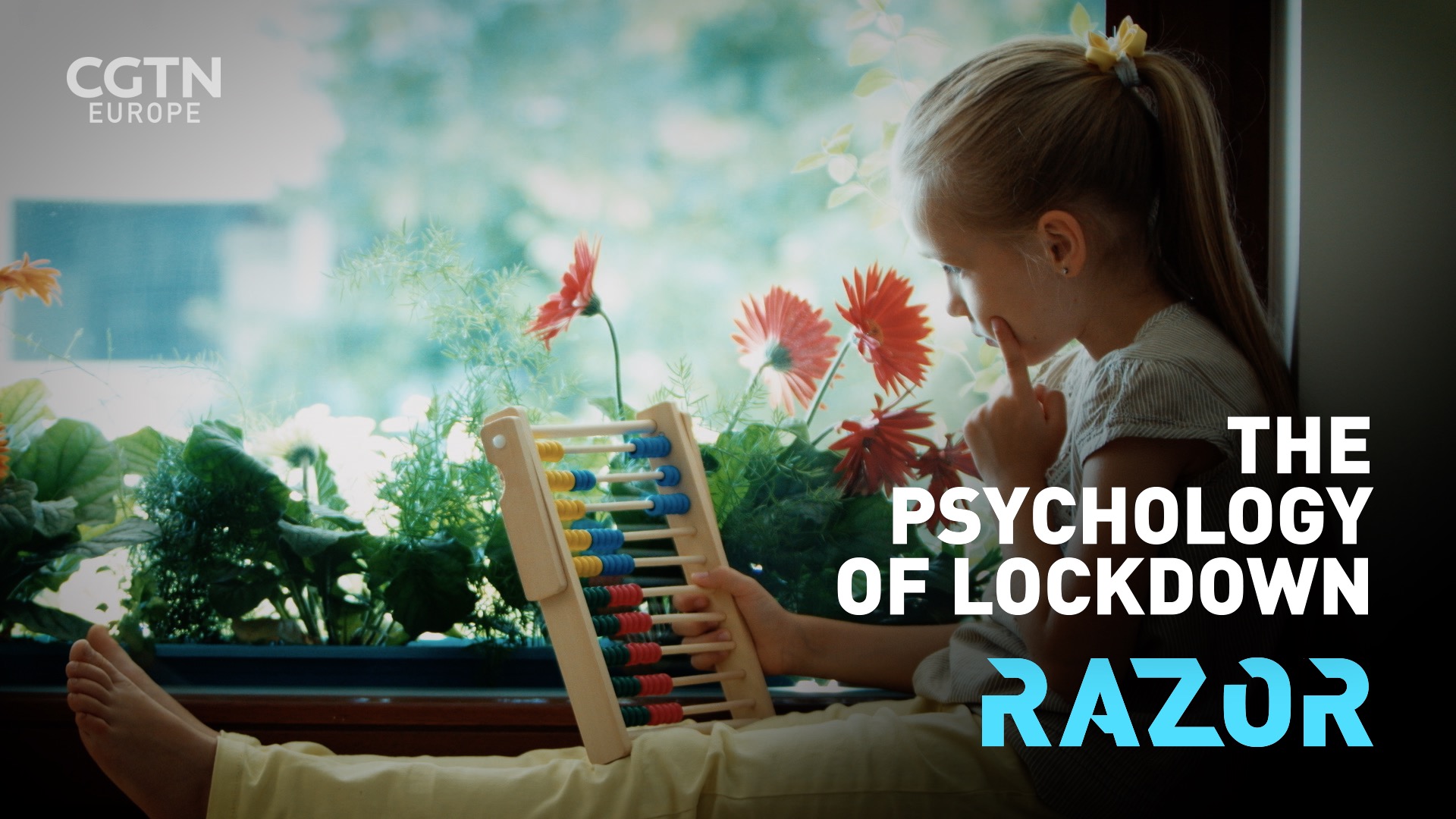07:03

From reports of post-traumatic stress in health workers to trauma and anxiety felt by children. Why is this pandemic proving to be as much a battle of the mind as it is of the body?
CGTN Europe's science program Razor spoke to psychologist Professor Dame Til Wykes and psychiatrist Professor Neil Greenberg, both of King's College London, to find out more.
It's estimated at least 30 percent of medics involved in the COVID-19 response around the world will develop some symptoms of post-traumatic stress disorder, or PTSD.
But the psychological effects of the pandemic - and subsequent lockdown - are not limited to healthcare workers.
"The stresses like financial stresses, because you may not be earning as much money or you may not be earning any money at the moment. Or having small children at home… even large children at home can be stressful when you've only usually seen them for short periods of time," and these can affect anyone, Wykes told Razor's Emma Keeling.
You can sign up here to receive CGTN Europe’s daily COVID-19 bulletin.
And our in-depth series The Pandemic Playbook is out now, asking how different responses to the novel coronavirus outbreak have shaped the crisis.